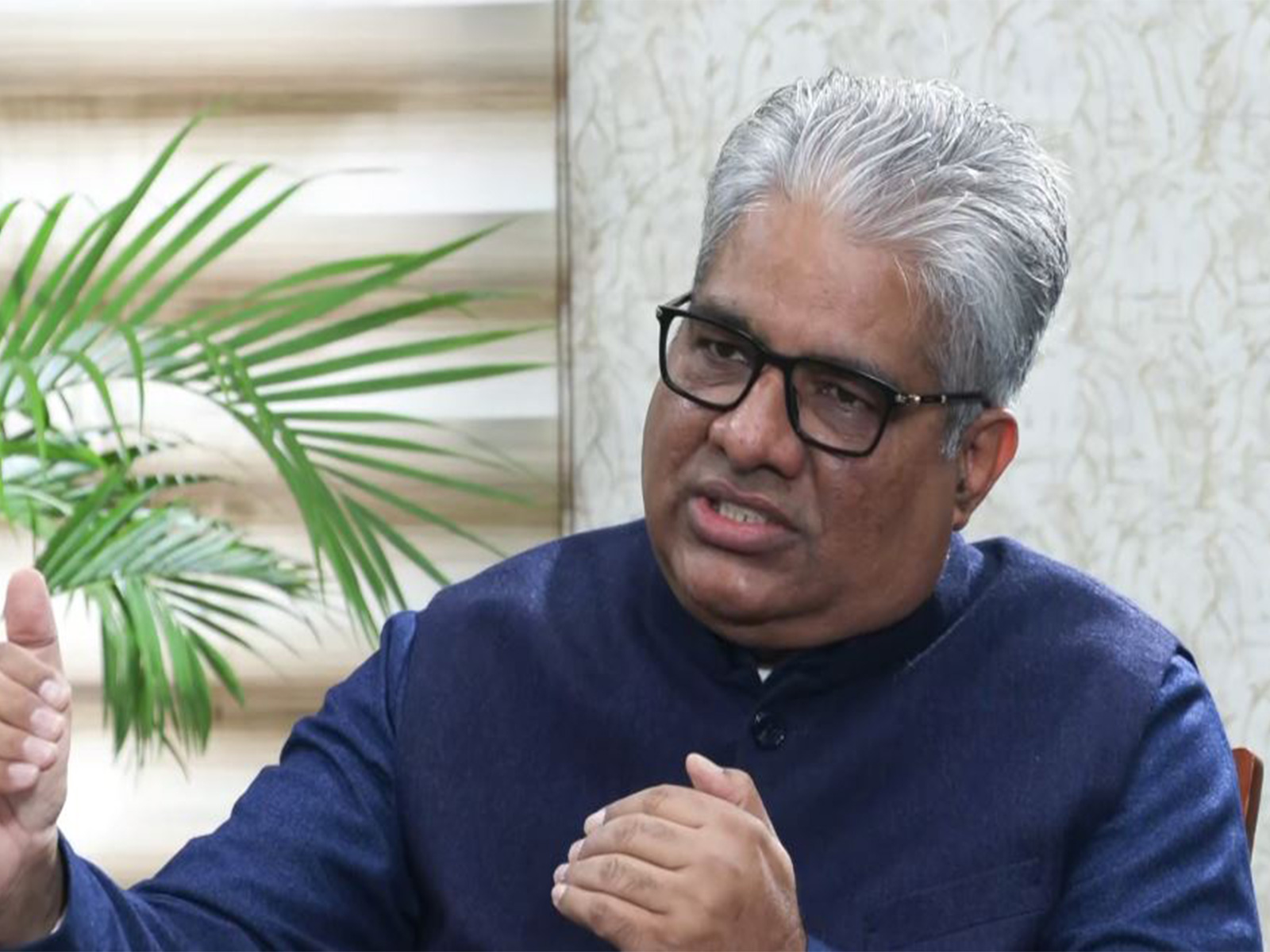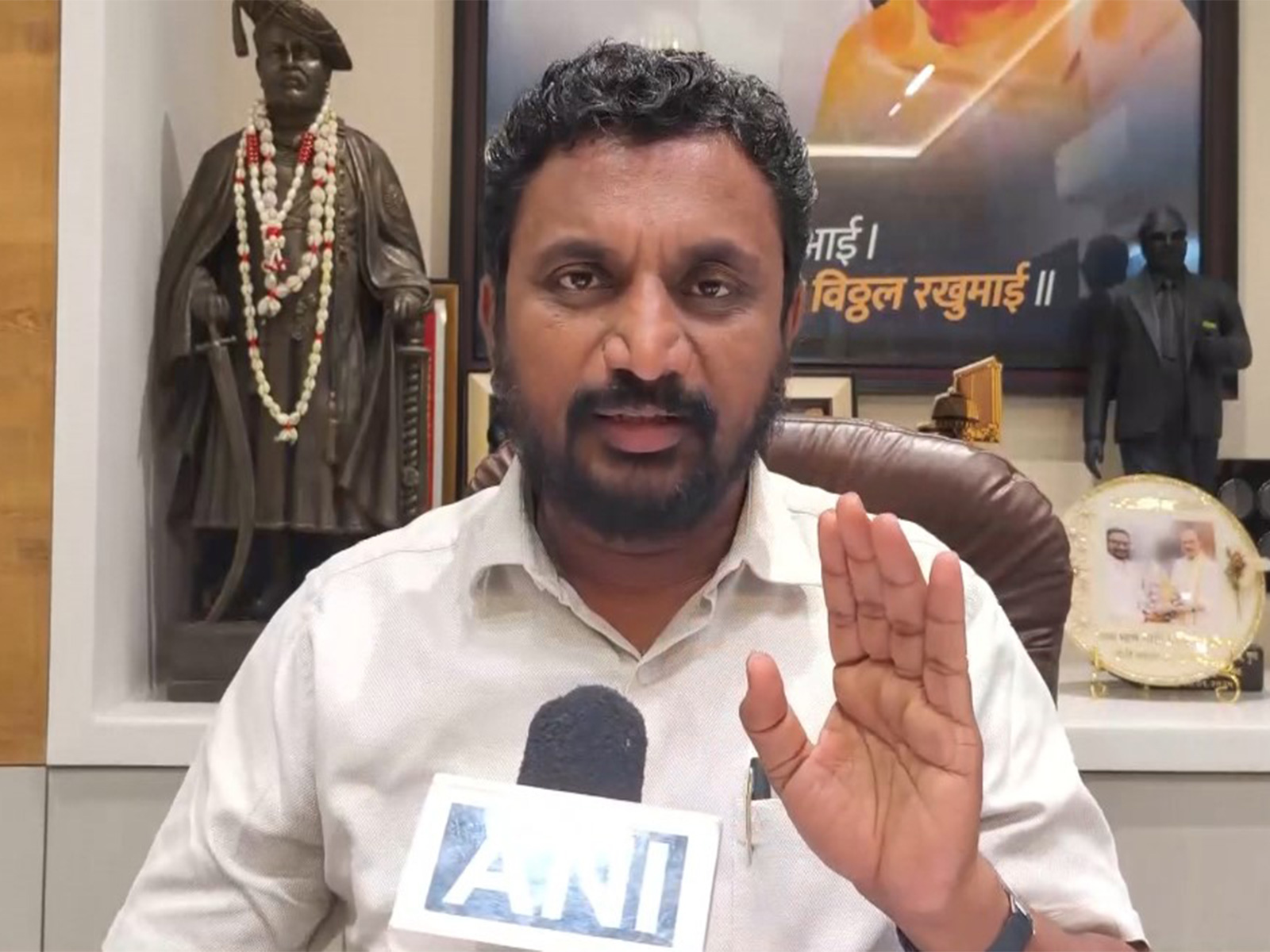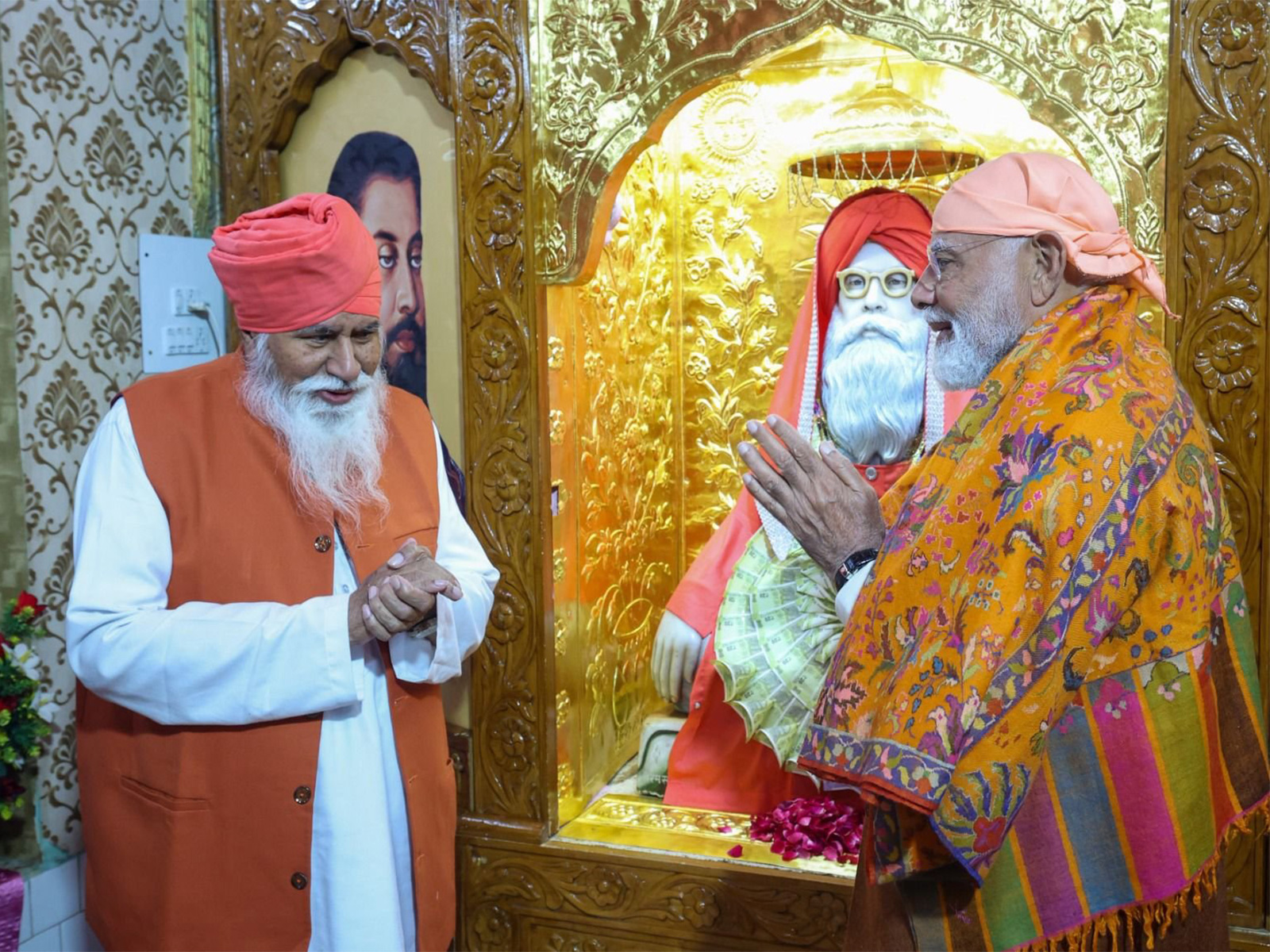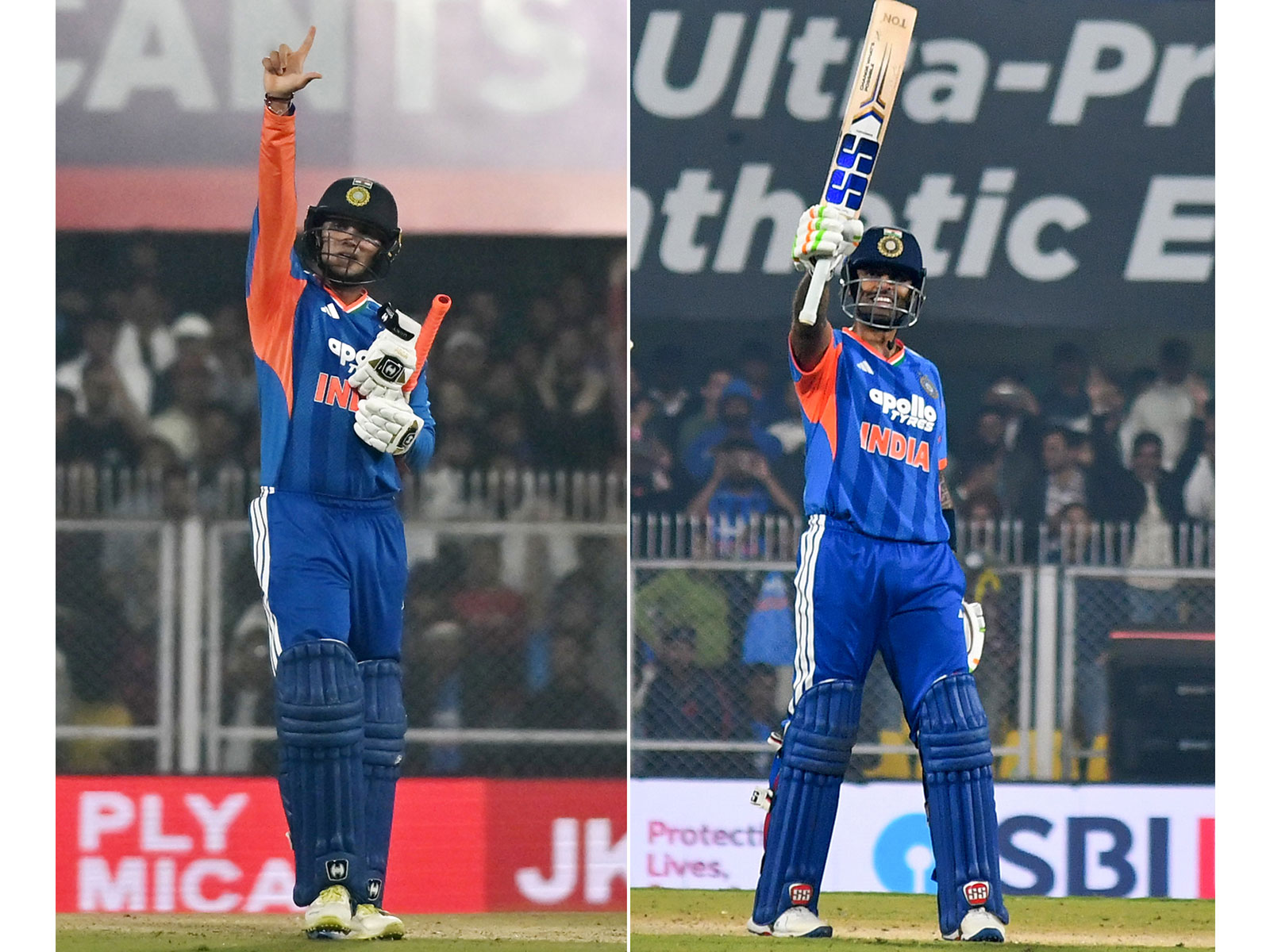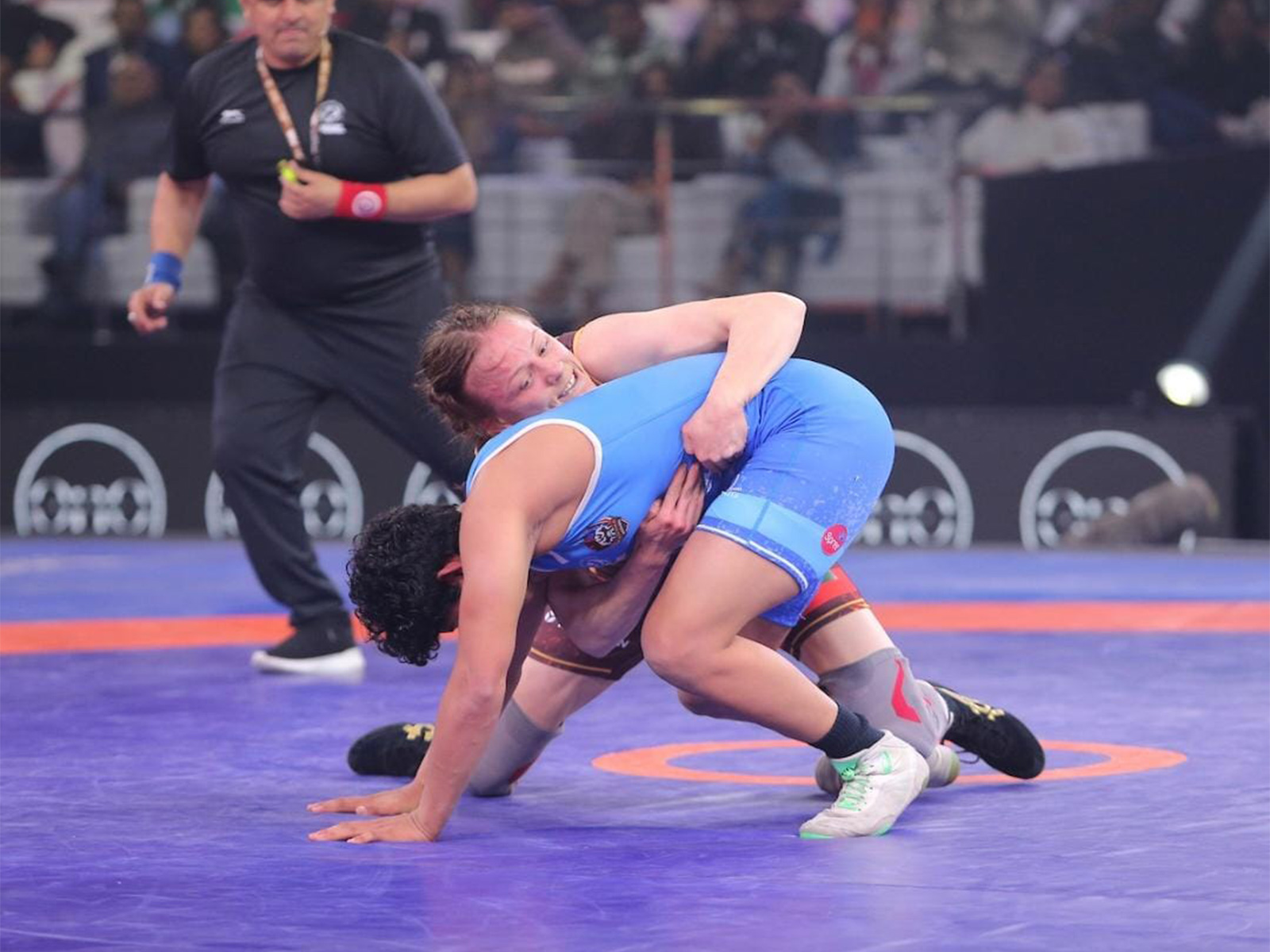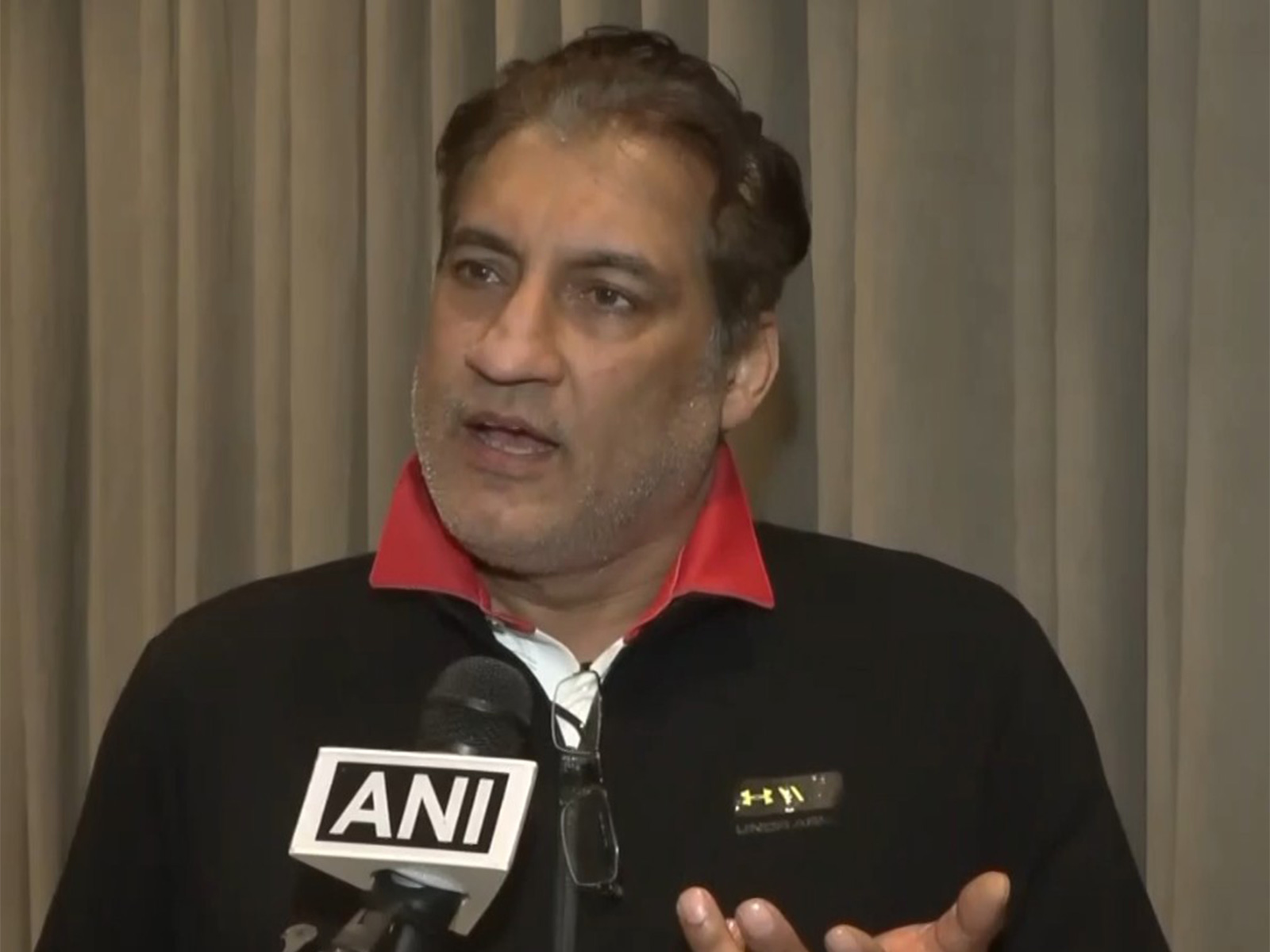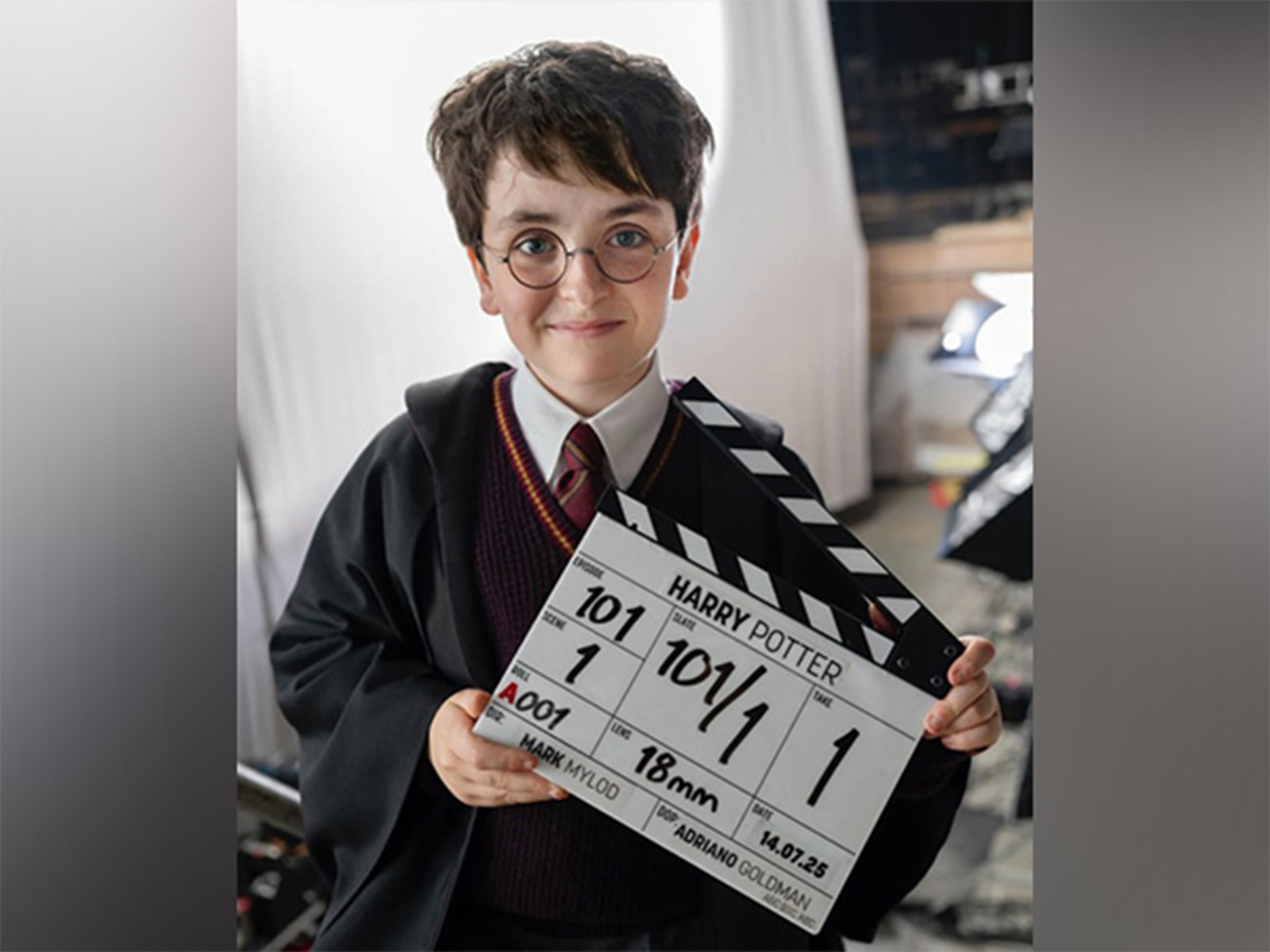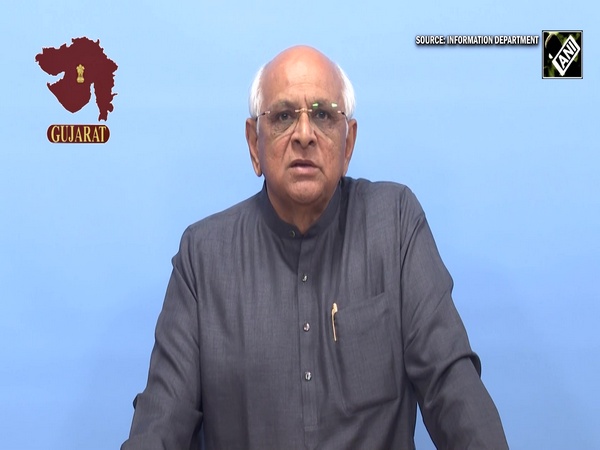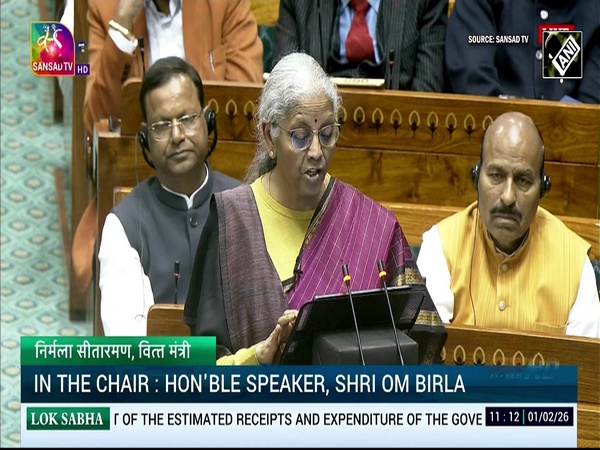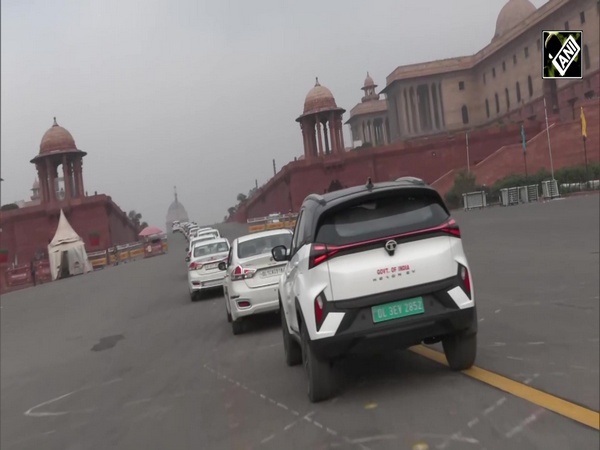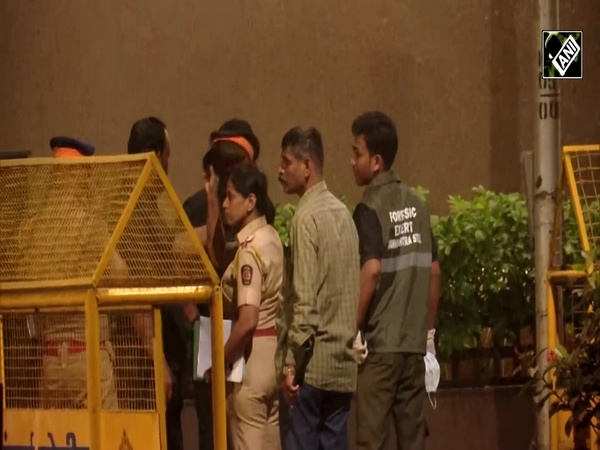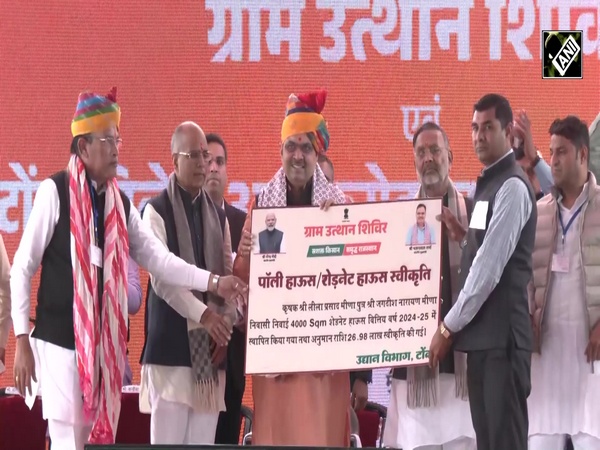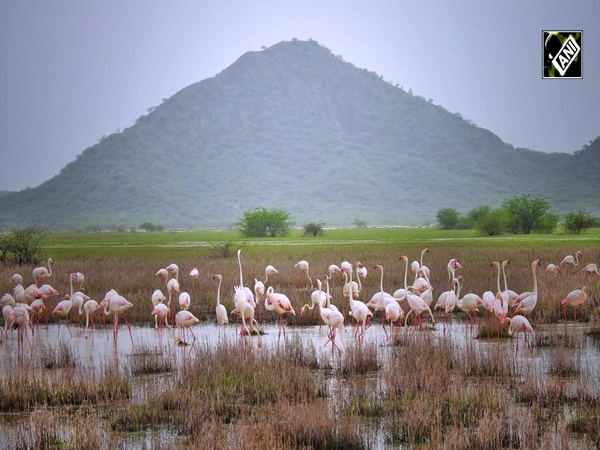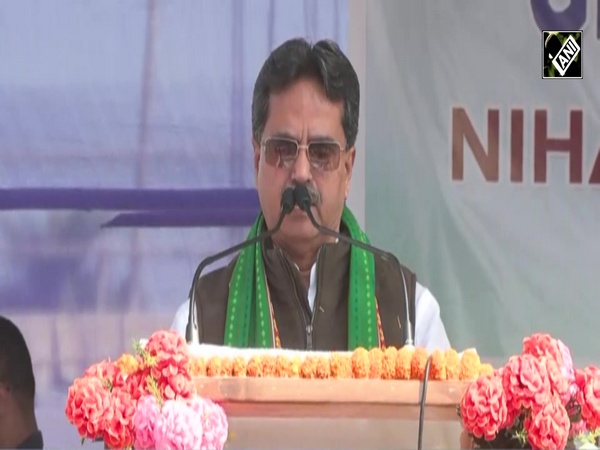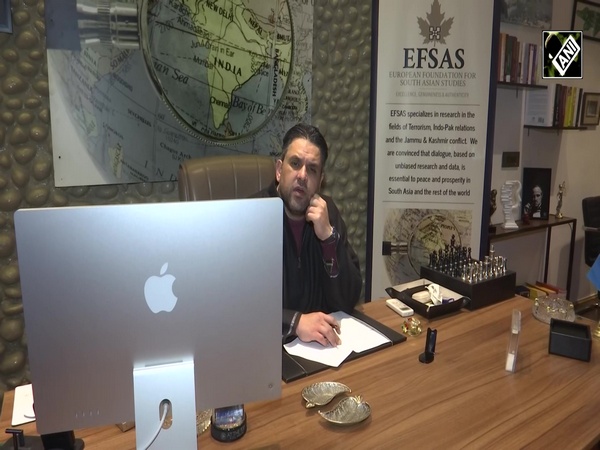MATES program to open doors for Indian students, will help boost industries in Australia: Asst Minister for Immigration
Oct 15, 2024

By Vishu Adhana
New Delhi [India], October 15 : Australia's MATES program is set to provide Indian students with the opportunity to pursue specialized studies and work in high-demand sectors, while also supporting the country's industries, said Australian Assistant Minister for Immigration Matt Thistlethwaite.
Speaking to ANI, Thistlethwaite, who is on a visit to India, explained that the mobility arrangement for the talented early-professionals scheme (MATES) will help Indian students gain valuable skills while addressing Australia's workforce shortages.
"Both our nations will benefit from MATES. It provides an opportunity for young Indians between the ages of 18 to 30 to undertake postgraduate study in Australia in specialized areas where their skills are in demand. The individuals will get a benefit through further study and enhancement of their skills, and the Australian economy will benefit because these are occupations and people with skills that are in high demand," Thistlethwaite said.
The MATES program was introduced under the migration and mobility partnership agreement (MMPA) signed between India and Australia in May 2023.
It aims to foster two-way migration and skill exchange between the two nations.
MATES is designed to promote mutually beneficial knowledge transfer, allowing Indian graduates to work in Australia while filling skill gaps in fields such as renewable energy, AI, ICT, and engineering.
The program will initially offer 3,000 spots annually for Indian nationals, who will be able to live and work in Australia for up to two years, with the option of bringing dependents, who will have work rights during their stay.
Thistlethwaite visited Amity University in Noida and attended an event to promote MATES. He interacted with faculty and students there.
During the event, students raised several questions about the opportunities available through the MATES scheme.
Thistlethwaite emphasized that areas like artificial intelligence and renewable energy are particularly promising, with plenty of vacancies in Australia.
"If you have skills and qualifications in artificial intelligence, you will be employed straight away. Similarly, in ICT and renewable energy, you'll get a job straight away because we have vacancies and opportunities," he explained.
He also highlighted that Australia is facing a shortage of skilled labour, making this scheme an important step in addressing those gaps while also providing Indian students with valuable experiences that can benefit both countries.
Thistlethwaite encouraged Indian students to see MATES as a two-way street.
"It's a great opportunity for our nations to collaborate, to provide further educational opportunities for yourselves and other young Indians to come to Australia, to study and work in those fields. Perhaps this could assist with skilled shortages in Australia, but it could also help you learn new skills that you could bring back to India and benefit your economy as well," he said.
Responding to questions from students regarding visa flexibility, Thistlethwaite clarified that applicants under MATES can apply up to the age of 30 and still be eligible to work beyond that age during their two-year stay. The program is designed to be flexible, allowing participants to explore employment in sectors beyond their nominated fields.
"If you apply at 29 and are granted a visa, you will still be able to work in Australia even beyond 30," he assured the students.
He also addressed concerns about extending the visa duration beyond two years, particularly for those interested in further studies or permanent residency. While the initial visa is for two years, Thistlethwaite explained that participants might have the option to extend their stay by applying for graduate visas or moving to a skilled visa if they meet the necessary requirements.
One of the main questions from students was whether MATES could expand to include disciplines like law or liberal arts, which are currently not covered under the program. Thistlethwaite acknowledged that while these fields are not part of the MATES pilot, there are still avenues for students in these areas to study in Australia through other visa categories.
"There are still opportunities for students in law and liberal arts to pursue postgraduate studies in Australia, although it may not be under the MATES program. You can apply through other visa schemes that do not require a ballot process, offering more flexibility for undergraduate to PhD studies," he clarified.
